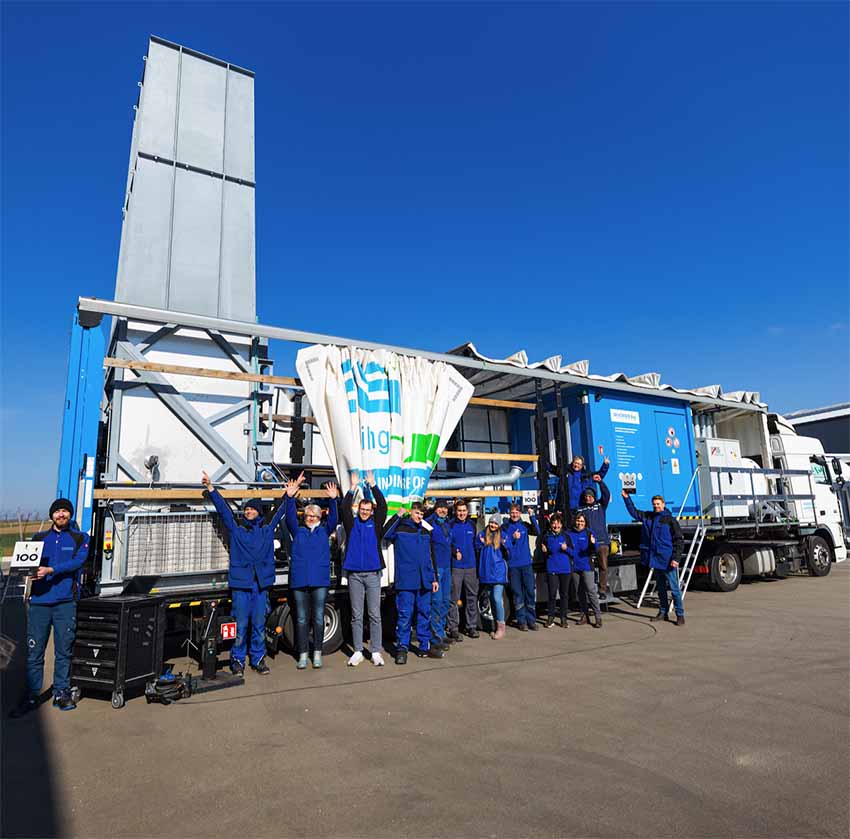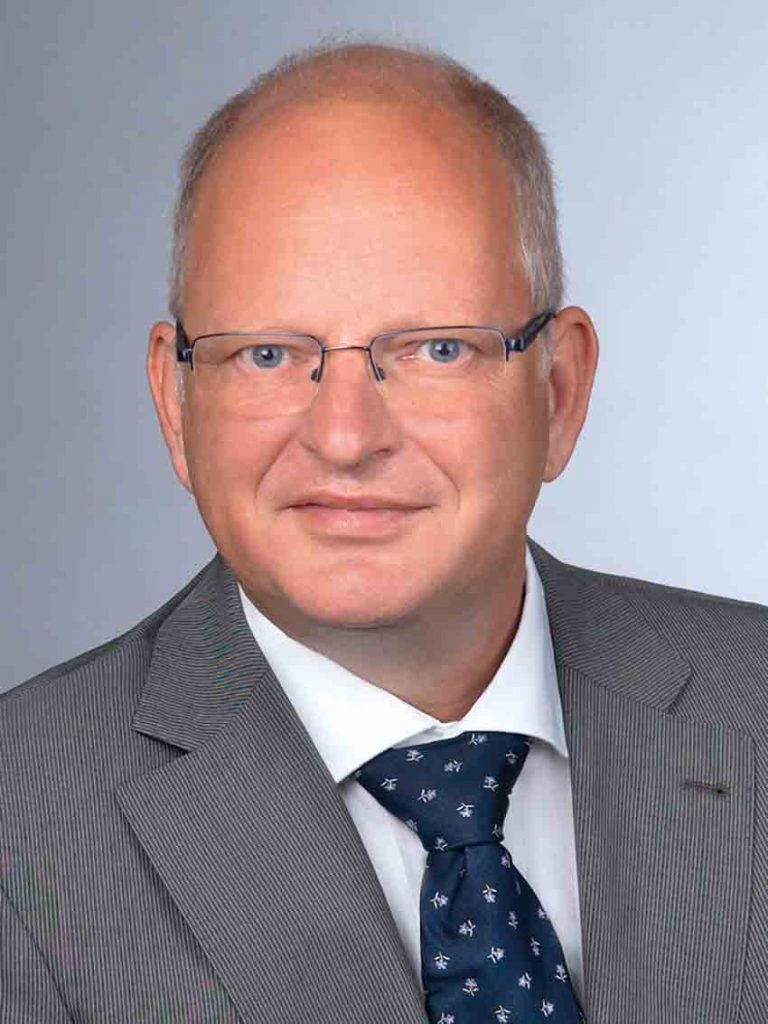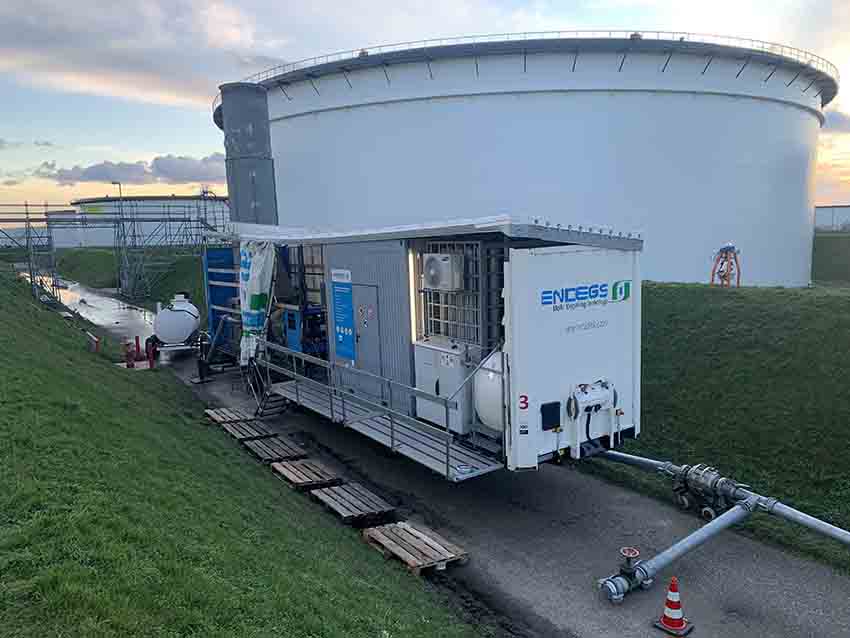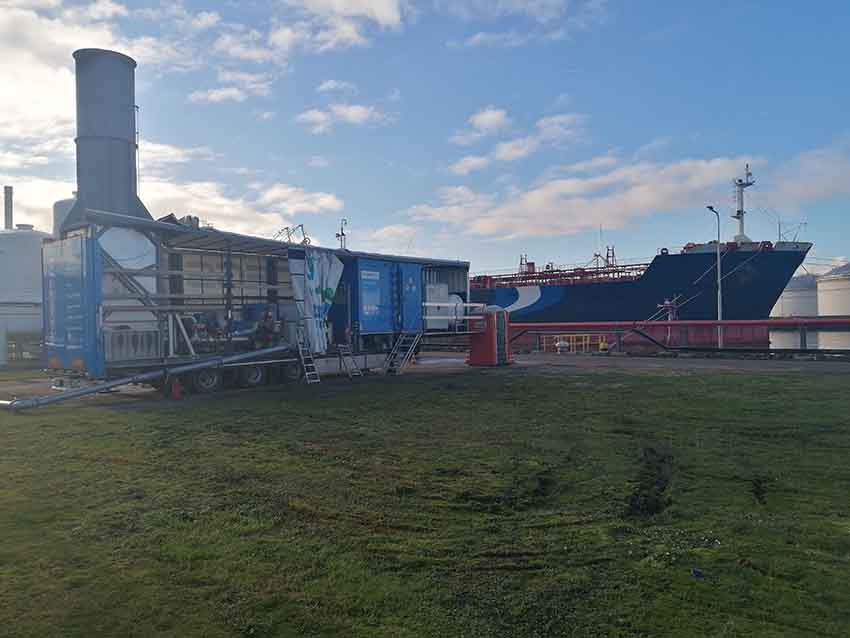Interview Partner: Kai Sievers, CEO ENDEGS Group.
Easy Engineering: How do you see sustainability and what are your efforts in this direction?
Kai Sievers: Sustainability is an increasingly important topic for our customers. For example, Europe is to become climate-neutral by 2050: no more greenhouse gases are to be emitted that cannot be compensated otherwise. All too often, hazardous substances are simply released into the atmosphere. This not only has a huge impact on the environment, but also on human health – both for the workers in the facility and for the people in the surrounding communities. Many people living in the vicinity of industrial facilities are becoming increasingly sensitive about their personal health. Odors, noise or flames can also cause discomfort and fear.
Industry must therefore take steps to improve environmental and health protection. Many have been doing this for some time already, but the demand for technologies addressing these issues is constantly growing nowadays. We are glad ENDEGS has been providing technologies to meet these challenges for over 16 years now. Our solutions help customers to make their operations more sustainable and environmentally-friendly. Whether it is refineries, industries such as oil & gas, chemicals, petrochemicals, food or fertilizers or emergency situations – we are happy to enable companies to lower their emissions and become more sustainable.
E.E: Tell us about the sustainable solutions that you offer.
K.S: We offer a wide range of solutions that enable industrial facilities to significantly reduce their emissions environmentally-friendly. In doing so, we not only contribute to reducing the hazardous emissions that are emitted globally, but also to the reduction of the global greenhouse gas (GHG) footprint. Our emissions reduction services include three main products: our mobile incinerators, our fleet of mobile vaporizers with nitrogen tanks and the ATEX Zone 0 robot for rent. ENDEGS in fact enabled mobile degassing for the very first time world-wide in 2008. The combustion units are trailer-mounted and therefore very flexible. ENDEGS vapor combustion units (VCU) are capable of burning all kinds of gases, gas compounds and vapors of the hazard groups IIA, IIB and IIC with a combustion rate of more than 99.99 % and no open flame.

We have carried out more than 1.400 degassing projects internationally and offer the degassing of all types of containers, tanks, pipelines, vessels and other components as well as the replacement of vapor recovery units (VRU) in refineries during downtimes. In order to enable the treatment of systems and system components handling flaming liquids and gases, we added a fleet of mobile vaporizers wit nitrogen tanks to our portfolio. We also offer the rental of the remote-controlled ATEX Zone 0 robot that enables the cleaning of industrial tanks from a safe distance and therefore guarantees the health and safety of workers during tank cleaning.
E.E: Do you offer solutions for reinvigorating old equipment with new solutions?
K.S: We are constantly striving to improve our technologies and adapt them to new applications and challenges. For example, we have increased the combustion capacity of our units – we can now offer 3, 5, 10 and 20 MW units. These units can be used in different scenarios and applications. The 3 MW unit, for example, is ideally suited for short-term projects and emergency situations, whereas the units with a higher combustion power can be applied in long-term projects lasting up to several months. A higher incineration capacity is also more suitable for working with more complex products as they need to be burned with greater efficiency.
E.E: Tell us about sustainability in production & distribution.
K.S: We have recently seen, and will continue to see, the establishment of new supply chains all around the world as the number of new “green” projects continues to grow. For example, products such as green ammonia and LNG are becoming more and more important as environmentally-friendly alternatives. But as those products require special production and storage facilities, new infrastructure needs to be built, and both the manufacturers of the new facilities (the senders) and the customers (receiving countries) need to build infrastructure based on the best available technology. We will see further improvements in the current infrastructure and processes to achieve environmental goals.

Kai Sievers, CEO ENDEGS
E.E: Tell us about R&D and innovation.
K.S: For us, innovation is the basis for reliable emissions reduction. Inventing the very first portable, autonomously operated mobile incinerator back in 2008 was an innovation in itself. Nowadays, mobile degassing and emissions reduction services have become standard. Therefore, the challenge now is to further develop the technologies and adapt them to new applications and challenges. The products the different industries work with are forever changing. Let’s come back to the example of LNG. LNG is a liquified gas under pressure and therefore highly flammable – making it a difficult and complex product to work with.
Innovation is therefore very important to the entire ENDEGS team. In order to constantly improve our technologies, we generate many ideas in our daily work and we also pay close attention to the needs of our customers as well. Are they, for example, working with a product which our services are not yet suitable for? Then of course we do everything we can to find a solution and to extend our technologies for that specific product.
E.E: What is the company strategy to reduce environmental impact?
K.S: Our goal is to contribute to reducing the global greenhouse gas footprint by mitigating industrial emissions – in line with our motto Our mission: lower emissions. As I have already mentioned before, we are always looking to improve our technologies so that they can continue to be effective. Innovation is of course important for that. ENDEGS was recently awarded the TOP 100 seal 2023, making us one of the most innovative medium-sized companies in Germany. After 2021 and 2022, this is the third year in a row we have received this award. This makes us very proud and confirms us in our daily work and in giving our employees the space they need in their daily work so that new ideas can emerge.

E.E: Tell us about preserving resources and driving circularity.
K.S: Our aim is to reduce harmful emissions worldwide and our mobile incinerators contribute to that significantly. For example, in a two-day project degassing a 2000 m3 tank containing benzol, we destroy 1.1 tons of emissions. The equivalent of that emissions would be 23.305 km of a Ford Mondeo diesel and 31.250 km of a Ford Focus petrol. In a project lasting three months, we have carried out the degassing of a crude oil tank, destroying a total 28 tons of emissions. The equivalent of those emissions would be 593.220 km with a diesel and 795.454 km with a petrol car. Therefore, a sustainable emissions reduction is so important.
E.E: How do you drive focus on sustainability of operations?
K.S: The awareness for the need to reduce emissions and increase sustainability is constantly growing. To further inform about that need and to present our innovative and sustainable solutions in particular, we visit many industry fairs such as StocExpo, PRC Europe, the International LNG Congress or the iktva Forum & Exhibition in Saudi-Arabia.
E.E: Tell us about sustainable energy solutions used.
K.S: Our emissions reduction services are sustainable and environmental-friendly. To reduce the environmental impact of VOC emissions, we work in compliance with local and European legislation such as the Industrial Emission Directive 2010/75 on EU level or TA-Luft (technical directive/manual of clean air pact), BlmSCHG (Federal Emission protection law), ADN (European agreement concerning the international carriage of dangerous goods by inland waterways) and CDNI (Convention on the collection, deposit and reception of waste generated during navigation on the Rhine and other inland waterways) on country level in Germany. Additionally, we are certified after ISO 9001:2015 and ISO 45001:2018, ensuring occupational health and safety.

E.E: How do you see sustainability in the future?
K.S: Sustainability is a topic that has become increasingly important in recent years. We expect this trend to continue in the industries we offer our services for. As with green ammonia or LNG, we also see a run on everything looking “green”. But in order to achieve environmental goals and to become more sustainable, it is equally important to find the best tool for a particular application. Consulting our customers in this process requires a lot of trust, operational knowledge and individual advice.
